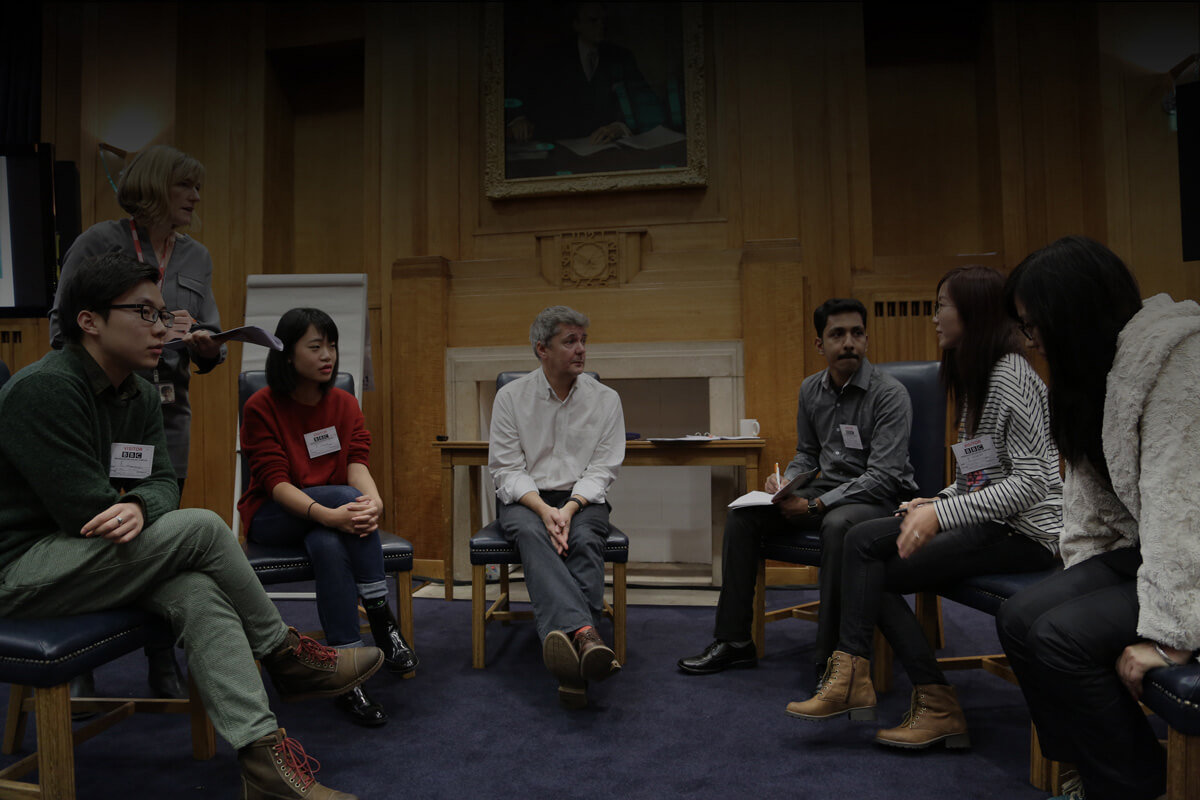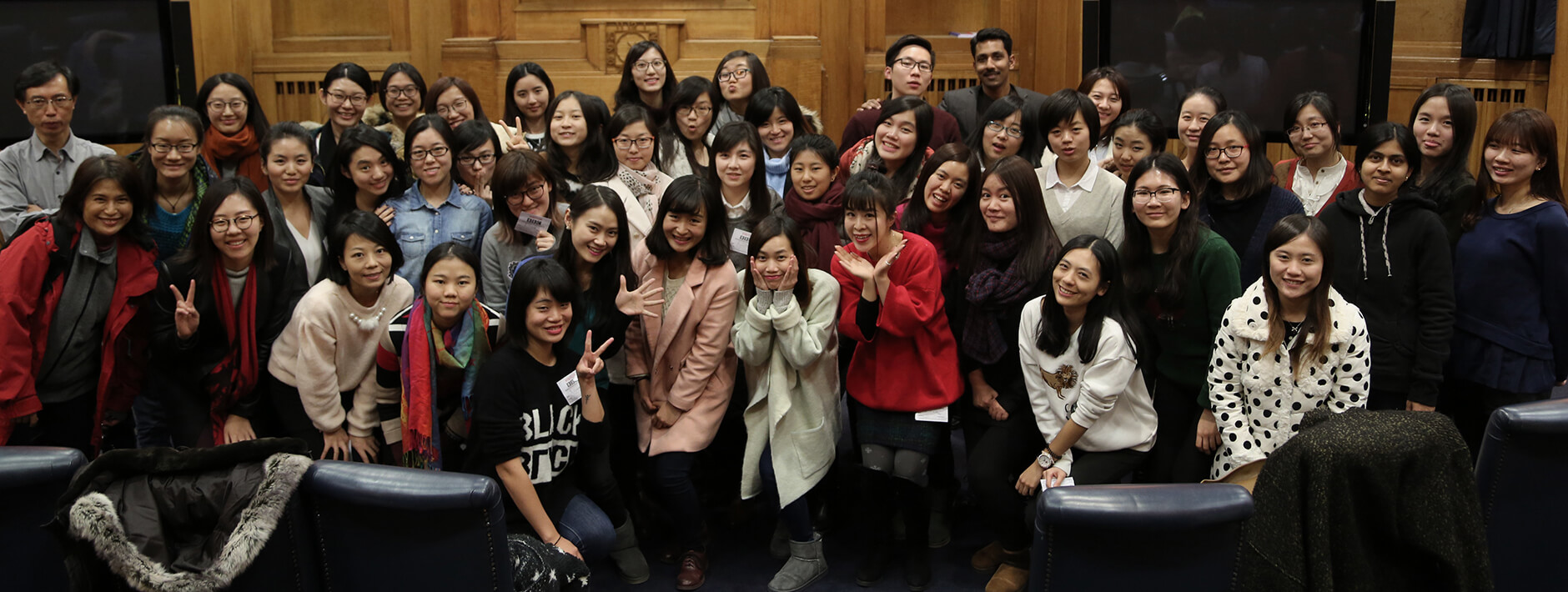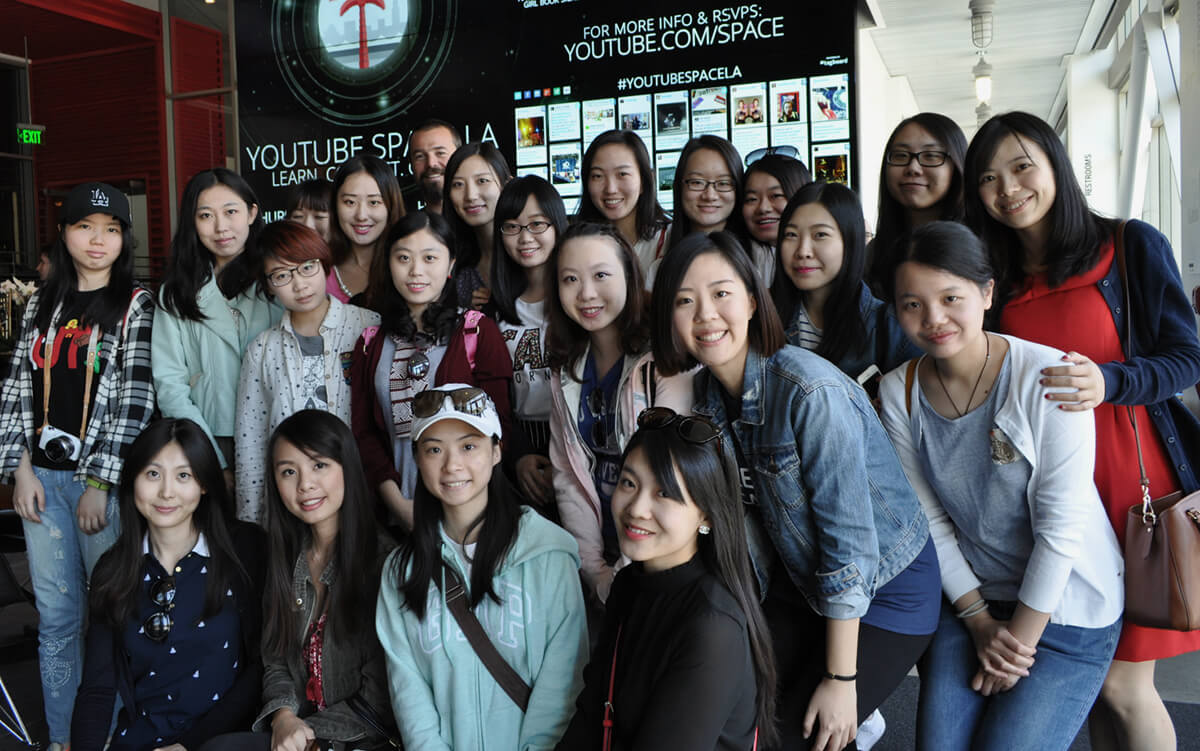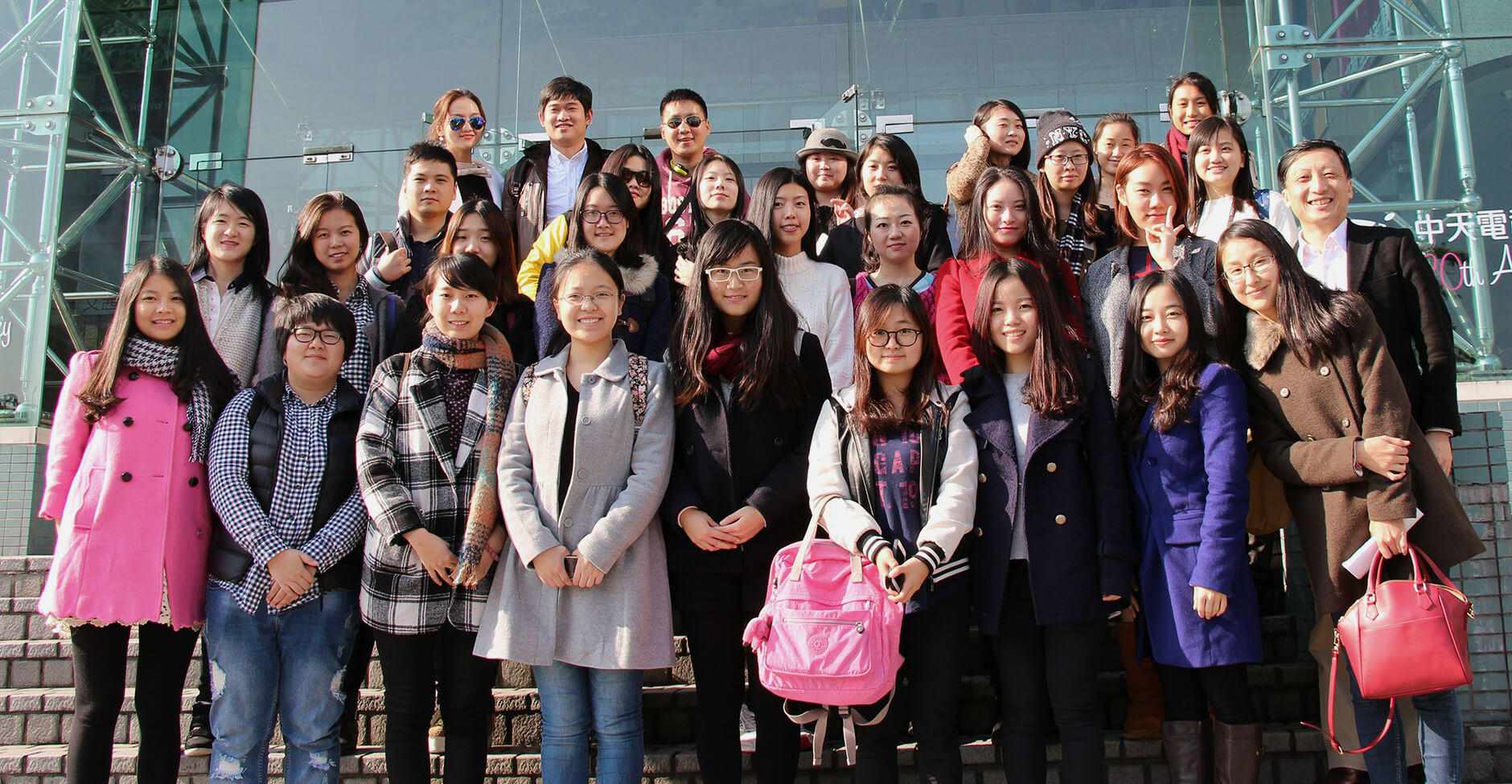
POSTGRADUATE PROGRAMMES

The MA in Communication Programme at the School of Communication, Hong Kong Baptist University was launched in 1996. Since its inception, the Programme had been partially supported by Hong Kong government educational subsidies up until September 2004 when it became fully self-financed. The change in the source of funding was accompanied by an opening of the Programme, for the first time, to Mainland and other overseas students and the addition of the full-time study mode. In September 2004, a total of 92 students were admitted to the Programme, approximately two thirds local Hong Kong students and one-third mainlanders. The students divide more or less equally into part-time study mode (Hong Kong students only) and full-time study mode (both from Hong Kong and outside).
In addition to a set of core theory and methodology courses which all are required to take, the Programme provides a wide range of elective courses focusing on knowledge and practice in mass media institutions and operations in the context of social transition in Greater China Area with the specific goal of nurturing quality professionals and managerial personnel in the media industry. The Programme also offers elective courses which revolve around corporate communication, emphasizing public relations and advertising as well as campaign and crisis management skills. Impact of changing media technologies is an area of serious attention.
The programme also offers an Interactive Media Studies (IM) Concentration, which aims to provide students with cutting-edge knowledge and skills in interactive media content and product planning, development, and research. Students are expected to become familiar with the essential design and development processes of interactive media products as well as the global industry of interactive media communication. Students are also expected to be able to apply knowledge and skills to conduct user research and generate creative ideas that can drive interactive media design and provide solutions to interactive media communication problems.
The School has a faculty team of well-established scholars and seasoned practitioners who possess expertise in mass, interpersonal, and cross-cultural communication, rhetoric and discourse analysis, public relations and advertising research, globalization as well as cultural and critical studies. The Programme features a Distinguished Speakers Series, where high-ranking professionals and industry leaders are regularly invited to the classroom to share with students their experiences and expertise. The Programme also organizes and subsidies short-term study tours that take students outside of classrooms (and often outside of Hong Kong) for field visits and training. This kind of intimate and dynamic interaction with the industry marks a unique characteristic of the Programme.

An academically based professional programme, the courses and syllabi in the Programme are designed for the integration of theory and practice in the field of communication and media.
The Programme offers three courses as the Common Core. Foundations of Communication Study provides an overview of the academic study of communication. Approaches and Methods in Communication Research introduces the student to the research process, the idea of evidence, and evaluation of research reports using a variety of methods. Perspectives on Media and Society discusses the relationships between communication media, content, social structures, social processes and audience effects. Starting from the 2012/2013 entry, all elective courses from the previous two concentrations of Integrated Communication Management and Media Studies are pooled together and offered to all students to provide them with more choices.
The Programme’s elective courses aim at educating professionals in the application of conceptual knowledge about communication management and equipping students with analytical concepts and skills for examining issues in media or mass communication practices.
All courses are 3 credits each. A student is required to fulfill a total of 27 credits to graduate (i.e. 6 units of core courses and 21 units of elective courses). For the 21 units of elective courses, students must select at least 15 units from their own Programme.

The Programme will be of interest to the following students: Bachelor’s degree holders who are employed in media organizations or in the communication functions of the public or private sector, or who aspire to such positions, and who see the in-depth understanding of media industries and management as contributory to executive leadership in their career and in the society.
Applicants Should
We adopt a rolling admission policy and open a window for application from mid-November to end- June (usually having First Round November – January; Second Round February – June). It may be to your advantage to apply as early as possible, as the window may close earlier when all spots are filled.
* If the English score submitted did not meet the minimum English requirement (i.e. TOEFL 79 or IELTS 6.5), the application will not be processed/reviewed until an updated English result which meets the minimum requirement is submitted.
If short-listed, applicants may be interviewed by the School of Communication
Tuition Fee
HK$180,000 (per year for one-year full time student)
HK$90,000 (per year for two-year part time student) (local Hong Kong students only)
1. My English is only passable. Is that a problem?
The main medium of class instruction is English, with very limited Cantonese and Putonghua as auxiliary devices. Although proof of English proficiency is not a necessary condition for Admissions, applicants whose English is weak will find it difficult to understand lecturer, complete required reading materials in time and complete assignments and term papers. Therefore, a good command of English is a plus in our Admissions considerations.
2. Am I required to pay the full amount of the tuition fee upon entry?
All full-time students should pay half of their tuition fees prior to entry, with the remaining half to be paid before the beginning of the second semester. Part-time students should pay a quarter of their tuition fees prior to the beginning of each semester.
3. Do you offer scholarships?
Merit-based scholarships will be awarded in the second semester to students with outstanding academic performance in the first semester. Awarded students receive between HK$10,000 and $20,000.
4. Can I live on campus?
The student halls are not available to post-graduate students, but there is a private on-campus dorm called the NTT International House that some students like to stay in. Most students find private housing off campus.
5. What is Hong Kong like?
Hong Kong is a dynamic, international 24-hour city that is full of people, cultural events and food from all over the world. Cantonese is the main language but English is also widely used. Hong Kong is one of the safest cities in the world, is an excellent travel hub for exploring the rest of Asia and has a large variety of outdoor activities and tourist attractions. People love living in the city for its vibrancy and endless list of things to do.
6. Is a dissertation required?
No. We recommend dissertations only for students interested in pursuing further studies.
7. Can I work in Hong Kong on a student visa?
Students can work on campus up to 20 hours per week and are allowed to have short-term internships while studying. Students may also work in the summer and the Hong Kong government allows students to spend one year working in Hong Kong after graduation without a work visa. See government regulations here.
8. Does tuition include health insurance?
Yes. We have committed a substantial subsidy for all students of the progamme to enjoy the same privileges and services as those of UGC-funded programmes at the University Health Clinic.
MA in Communication programme offers an Interactive Media Concentration, which aims to provide students with cutting-edge knowledge and skills in interactive media content and product planning, development, and research. Students are expected to become familiar with the essential design and development processes of interactive media products as well as the global industry of interactive media communication. Students are also expected to be able to apply knowledge and skills to conduct user research and generate creative ideas that can drive interactive media design and provide solutions to interactive media communication problems.
All students of the MA in Communication programme are required to complete a total of 27 units. For those without a concentration, they are required to complete 6 units from the Common Core Courses and 21 units from the Elective Courses. For the students of the Interactive Media Concentration, they must complete 6 units from the Common Core Courses, 9 units from the Concentration Required Courses, and 12 units from the Elective Courses.
Interactive Media Concentration core courses: